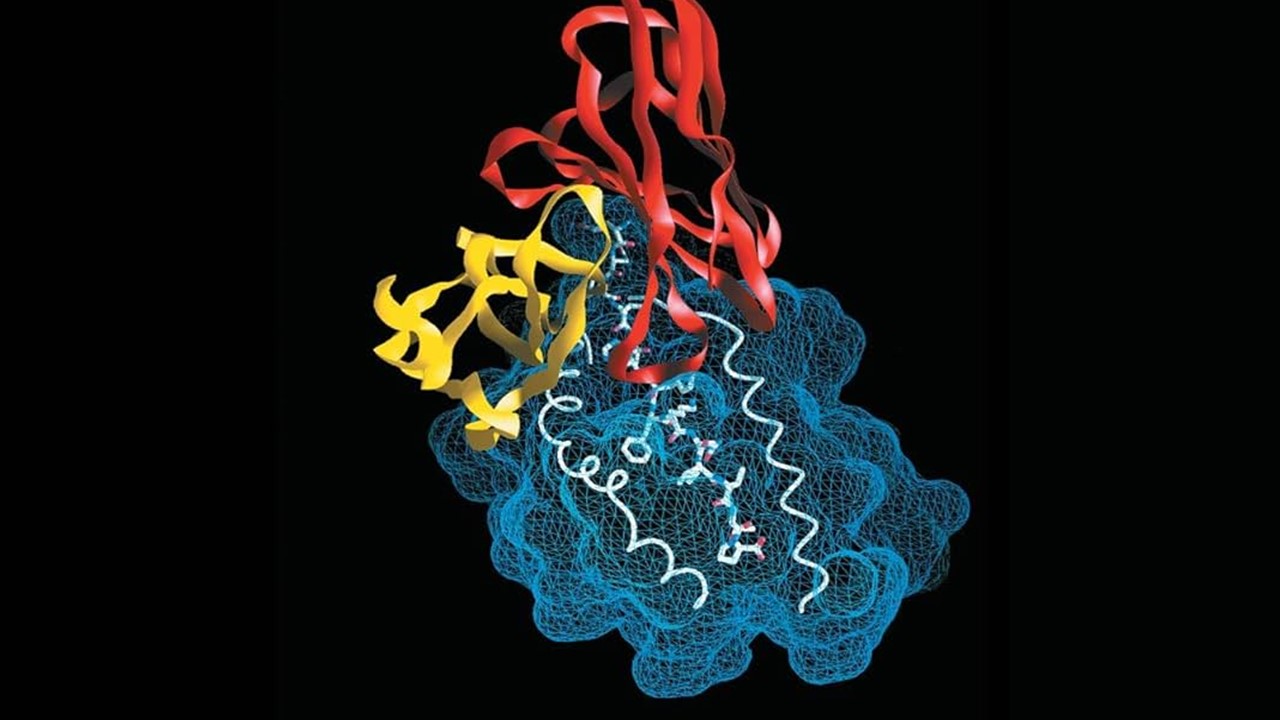The following is an article detailing the highlights of drug approvals carried out by the Food and Drug Administration in February, 2022, as well as related decisions. Follow PharmaFEATURES for a monthly roundup of the most relevant decisions by regulators in the industry.
Ruzurgi
01-Feb-2022
Controversy was sparked in the orphan drug manufacturing world earlier this month, with the approval of amifampridine, marketed as Ruzurgi by Jacobus Pharmaceuticals, for the treatment of pediatric patients (6-17 year olds) suffering from Lambert-Eaton myasthenic syndrome (LEMS). LEMS is a rare disease where the immune system is activated against nerves and muscles, which can interfere with a variety of neuromuscular functions throughout the body. Amifampridine had already received an Orphan Drug Designation, and approval for use in adults with LEMS, as Firdapse – marketed by Catalyst Pharmaceuticals. However, Firdapse was not approved for pediatric use; it should be noted that the trials run by Jacobus were conducted on adults as well, although Jacobus also applied for approval in pediatric indications. After a protracted process of litigation and appeals, the US Court of Appeals for the 11th District decided earlier in the month that the approval of Ruzurgi was erroneous. The decision is expected to have significant implications for how the difference in indications for orphan drugs are defined, in addition to re-examinations of existing orphan drugs that may be approved for different uses across manufacturers.
Fleqsuvy
04-Feb-2022
An oral suspension of baclofen, marketed as Fleqsuvy by Azurity Pharmaceuticals, received FDA approval for the treatment of spasms resulting from multiple sclerosis earlier this month. With over 67% of the 1 million Americans living with multiple sclerosis reporting spasticity or related symptoms, the treatment aims to address an unmet need in the market that is only expected to grow with our aging population. While baclofen is not a novel active ingredient, having been approved since 1977, the new formulation by Azurity promises to bring advantages such as easier dose variability to address different symptom severities. As dysphagia – the difficulty of swallowing – is common among patients experiencing multiple sclerosis spasticity, the highly concentrated nature of the suspension allows for even low doses to be effective.
Enjaymo
04-Feb-2022
Sutimlimab-jome, marketed by Sanofi as Enjaymo, has become the first treatment to be approved for Cold Agglutinin Disease (CAD). In patients suffering from CAD, the immune system attacks and destroys red blood cells due to cold agglutinin erroneously binding to healthy red blood cells – which is likelier to occur at colder temperatures. As would be expected, the increased rate of red blood cell destruction causes widespread sequelae – such as heart irregularities, severe anemia, jaundice and others. CAD remains a rare disease, although previous treatments with Rituximab showed promising results – but high rates of relapse. Other ways to manage the disease involve blood transfusions and plasma exchange. Enjaymo adds much improved options to the portfolio of treatments, by directly targeting the C1 protein responsible for activating the complement pathway that results in red blood cell destruction. In the clinical trials prior to its approval, over 71% of patients remained transfusion free after week five, while 92% of patients did not use any other treatments. As a breakthrough and orphan therapy designated drug, Enjaymo showcases the possibilities of monoclonal antibodies and biologic treatments in charting new frontiers for the industry.
Bebtelovimab
11-Feb-2022
In COVID-19 related news, Eli Lilly received an FDA emergency use authorization for its monoclonal antibody treatment, Bebtelovimab. Monoclonal antibodies have provided some of the most efficacious therapies in preventing hospitalizations and deaths for patients liable to suffer from severe COVID-19 following infection. Multiple therapies have been granted emergency use authorization. However, only one has retained any efficacy against the Omicron variant – Sotrovimab, which has led to extreme pressures on supply chains, as well as strict rationing of the treatment. The clinical investigations supporting the use of Bebtelovimab were carried out prior to the Omicron variant, showing positive results. However, in vitro studies have also shown neutralizing action against the Omicron variant of SARS-CoV-2, which makes it suitable for patients who are not eligible or cannot receive alternative therapies – it is important to note that Bebtelovimab has not been approved for use in patients who are already hospitalized. The effort marks continued work on improving our arsenal against the pandemic, including both treatment and vaccine solutions.
Pyrukynd
17-Feb-2022
Mitapivat, marketed as Pyrukynd by Agios Pharmaceuticals, was approved by the FDA on the 17th of February for the treatment of Pyruvate Kinase Deficiency (PKD), a rare, hereditary and lifelong form of haemolytic anemia. Patients with PKD experience accelerated red blood cell destruction rates, resulting in a plethora of widespread and systemic symptoms – hypertension, iron overload, osteoporosis, and others. Pyrukynd received an accelerated Priority Review designation, owing to its status as an orphan drug that treats a serious condition. Prior to the approval of Pyrukynd, the only treatments for the condition involved regular blood transfusions and splenectomy – removal of at least part of the spleen to limit the rate of red blood cell destruction. The clinical studies for Pyrukynd ran two arms – one on individuals receiving regular blood transfusions – ACTIVATE-T, and one for individuals who did not – ACTIVATE. Both trials showed positive results, with 40% of patients showing improvements in hemoglobin levels compared to placebo groups. A third, 33%, of patients in the ACTIVATE-T study also showed a reduction in the number of blood transfusions needed, while 22% required no blood transfusions while being treated with the drug. Extension trials are ongoing to determine the long-term efficacy and safety of Pyrukynd, but its approval marks significant improvements in treating rare metabolic diseases.
Nick Zoukas, Former Editor, PharmaFEATURES
Subscribe
to get our
LATEST NEWS
Related Posts

Medicinal Chemistry & Pharmacology
Aerogel Pharmaceutics Reimagined: How Chitosan-Based Aerogels and Hybrid Computational Models Are Reshaping Nasal Drug Delivery Systems
Simulating with precision and formulating with insight, the future of pharmacology becomes not just predictive but programmable, one cell at a time.

Medicinal Chemistry & Pharmacology
Coprocessed for Compression: Reengineering Metformin Hydrochloride with Hydroxypropyl Cellulose via Coprecipitation for Direct Compression Enhancement
In manufacturing, minimizing granulation lines, drying tunnels, and multiple milling stages reduces equipment costs, process footprint, and energy consumption.

Medicinal Chemistry & Pharmacology
Decoding Molecular Libraries: Error-Resilient Sequencing Analysis and Multidimensional Pattern Recognition
tagFinder exemplifies the convergence of computational innovation and chemical biology, offering a robust framework to navigate the complexities of DNA-encoded science
Read More Articles
Magnetic Nanoengineering: Overcoming Biological Variability and Enhancing Therapeutic Precision
The future of nanomedicine lies in harmonizing precision, accessibility, and ecological responsibility, ushering in an era where therapies are tailored to individual biological landscapes.












